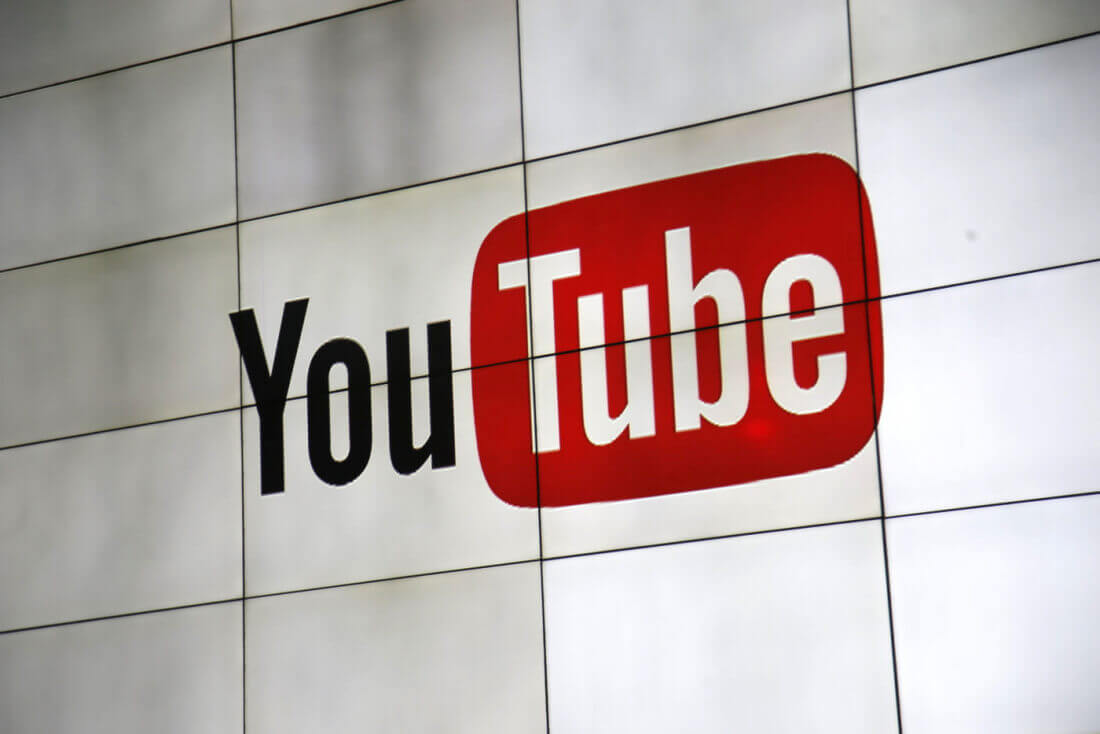YouTube is in trouble after an investigation by CNN found the streaming site is once again showing ads from major companies and organizations on channels featuring extremist content.
Amazon, Facebook, Netflix, Nordstrom, Cisco, Mozilla, and LinkedIn are just some of the 300+ companies that saw their ads appear on these channels, some of which promote pedophilia, white nationalism, Nazis, North Korean propaganda, and conspiracy theories.
CNN reports that US tax dollars might have also helped fund the channels. Ads from five US government agencies, including the Department of Transportation and Centers for Disease Control, appeared on the extremist videos, as did advertisements from religious organizations and film studios.
Many of the companies have come forward to say they never realized their ads were being shown on the channels, and they were investigating how they ended up there. CNN writes that advertisers can make sure their ads don't appear on specific channels and use a "sensitive subject exclusion" filter to keep them away from certain content. Many of the companies used this filter, yet the ads still appeared on inappropriate and extreme videos.
One of the firms, Under Armour, has paused its YouTube advertising after it was discovered ads for the brand appeared on a white nationalist channel called "Wife With A Purpose."
In a statement to CNN, YouTube said: "We have partnered with our advertisers to make significant changes to how we approach monetization on YouTube with stricter policies, better controls and greater transparency. When we find that ads mistakenly ran against content that doesn't comply with our policies, we immediately remove those ads. We know that even when videos meet our advertiser friendly guidelines, not all videos will be appropriate for all brands. But we are committed to working with our advertisers and getting this right."
YouTube has been here before, of course. Hundreds of advertisers pulled their ads from the site last year after discovering they appeared on videos promoting hate speech and extremist content. The Google-owned firm tried to clamp down on such incidents earlier in 2018 by adding more requirements before a channel can make money from displaying ads.
